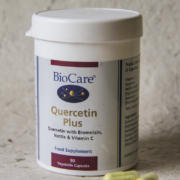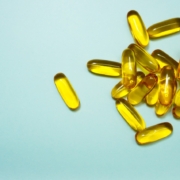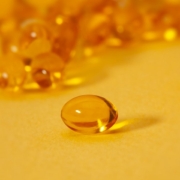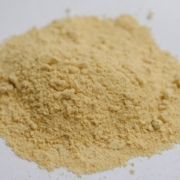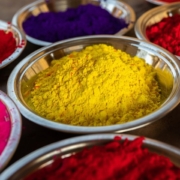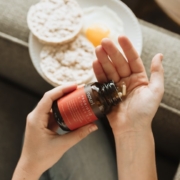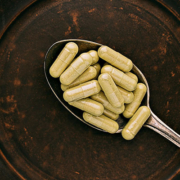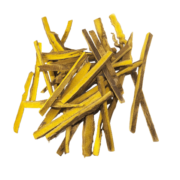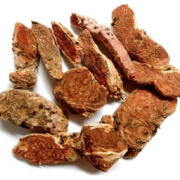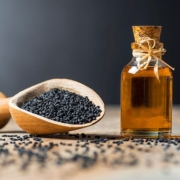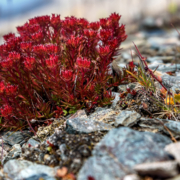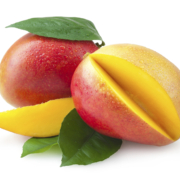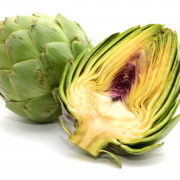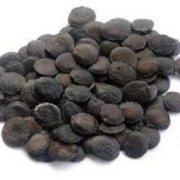Quercetin Bromelain uses & benefits
Quercetin is a flavonoid that can be found in a variety of plants and foods, including sophra japonica, apples, grapes, and broccoli. “It distributes electrons to free radicals, which prevents inflammation and the production of histamine in the body.
Because it is not easily absorb and utilize in the body on its own, quercetin is commonly supplement with additional nutrients such as bromelain or vitamin C.
Quercetin and bromelain can improve endurance for athletes. It protects the lungs and sinuses from infection and allergies, which is particularly beneficial when exercising outside.
The combination of quercetin and bromelain has anti-inflammatory properties that helps athletes cope with physiological challenges. According to research, quercetin is a powerful antioxidant that effectively removes free radicals, and DNA damage in endurance athletes.
Benefits
- Quercetin may inhibit histamine, making it a natural allergy relief.
- Anti-inflammatory: Animal studies have shown quercetin to have anti-inflammatory effects. It lowered inflammation in men in human tests, but it did not appear to help reduce inflammation in women with rheumatoid arthritis.
- Some research suggest quercetin can help reduce the growth of cancer cells in a variety of ways.
- Antibacterial and antiviral properties: Quercetin is antibacterial and antiviral, making it great for preventing infections and warding off illness.
Fight Free radicals
Antioxidant properties are found in quercetin.
- Antioxidants defend the body against free radicals.
- Free radicals are unstable chemicals in the body that can speed up ageing and raise the risk of disease.
- More free radicals can be cause by a variety of reasons, including:
- Pollution, cigarette smoke, radiation, chemical poisons etc.
- Quercetin is a more potent antioxidant than vitamin C, vitamin E, or beta carotene, according to research.
Helps reducing Inflammation
- Inflammation is the body’s natural reaction to injury, and it normally aids in the healing process. Chronic inflammation, on the other hand, can be damaging to the body and may have a role in the development of certain diseases.
- Quercetin, on the other hand, may aid to lessen inflammation.
- In one animal study, quercetin was found to prevent both acute and chronic inflammation, as well as having anti-arthritis characteristics.
- Human investigations, on the other hand, have yielded mixed outcomes. While quercetin lower inflammation in healthy male athletes in a study, it did not have the same impact on women with rheumatoid arthritis.
Help In Preventing neurological diseases
- Quercetin may aid in the prevention of neurodegenerative illnesses like Alzheimer’s and Parkinson’s.
- The development of neurodegenerative disorders is aid by oxidative stress. When the body’s free radicals are out of balance, oxidative stress ensues. Quercetin’s antioxidant qualities may aid in the battle against free radicals.
- Quercetin has been shown to protect rats from oxidative stress in studies.
Dosage
- People can obtain quercetin from their diet by regularly consuming a variety of fruits and vegetable.
- Onion has the highest quantity of quercetin, with about 300 milligrams per kilograms.
- The most typical dose of quercetin taken as a supplement is 500 mg however some people can take up to 1,000 mg per day.
- Other compounds, such as bromelain or vitamin C, may be include in supplements to aid in the absorption of quercetin as discuss earlier.
To send us inquiry please visit Here
Learn more about natural extracts click Here.


